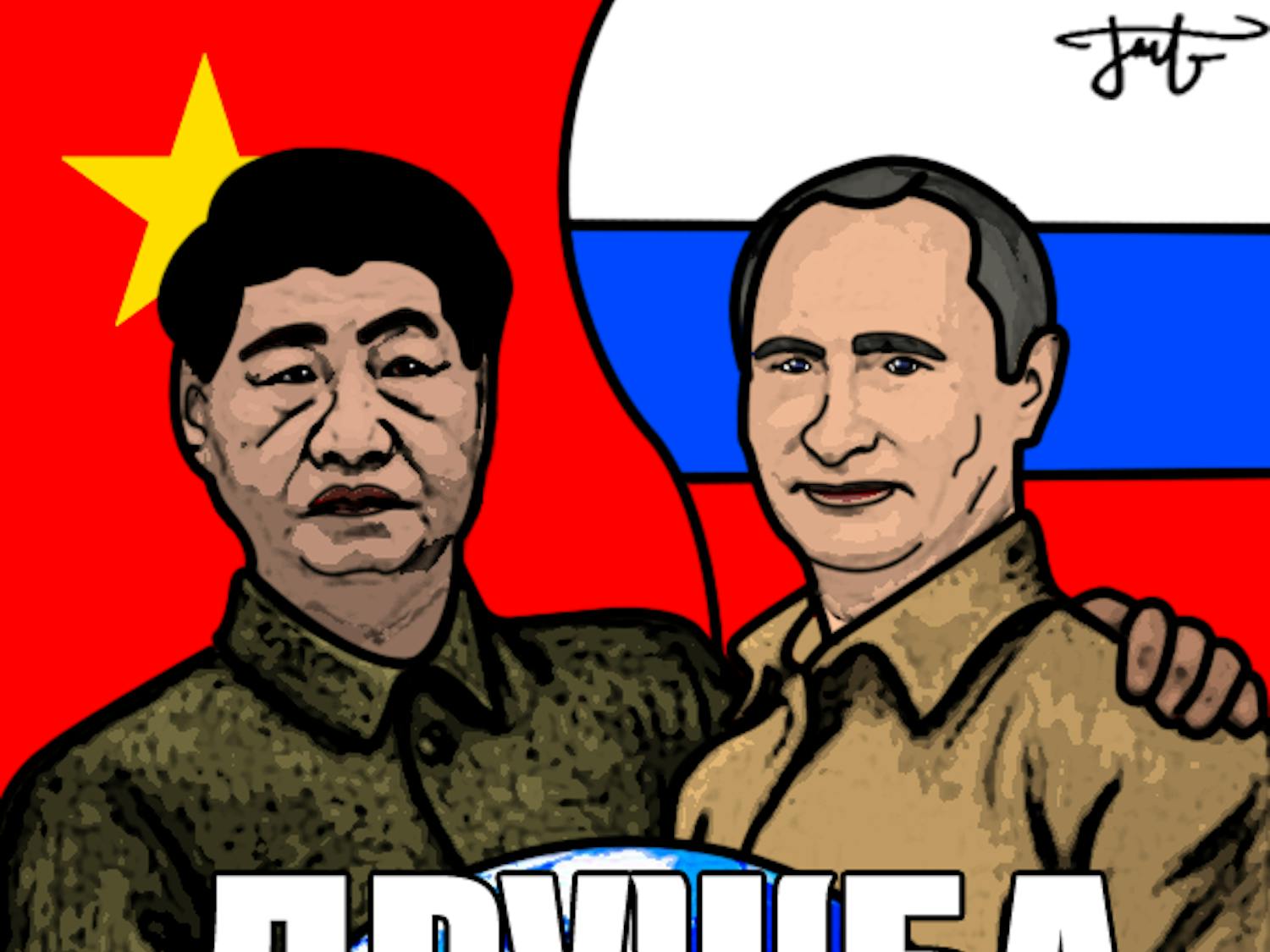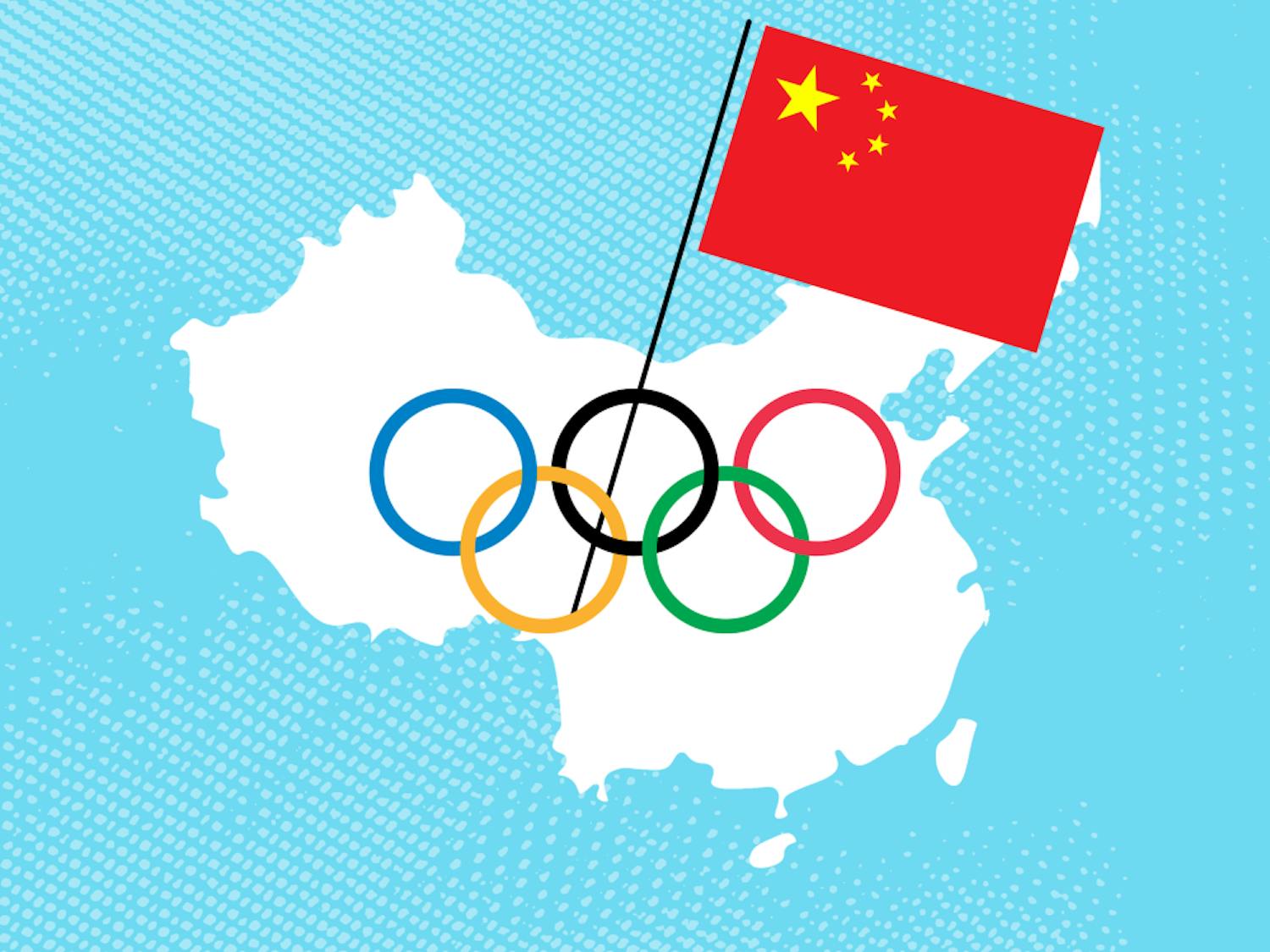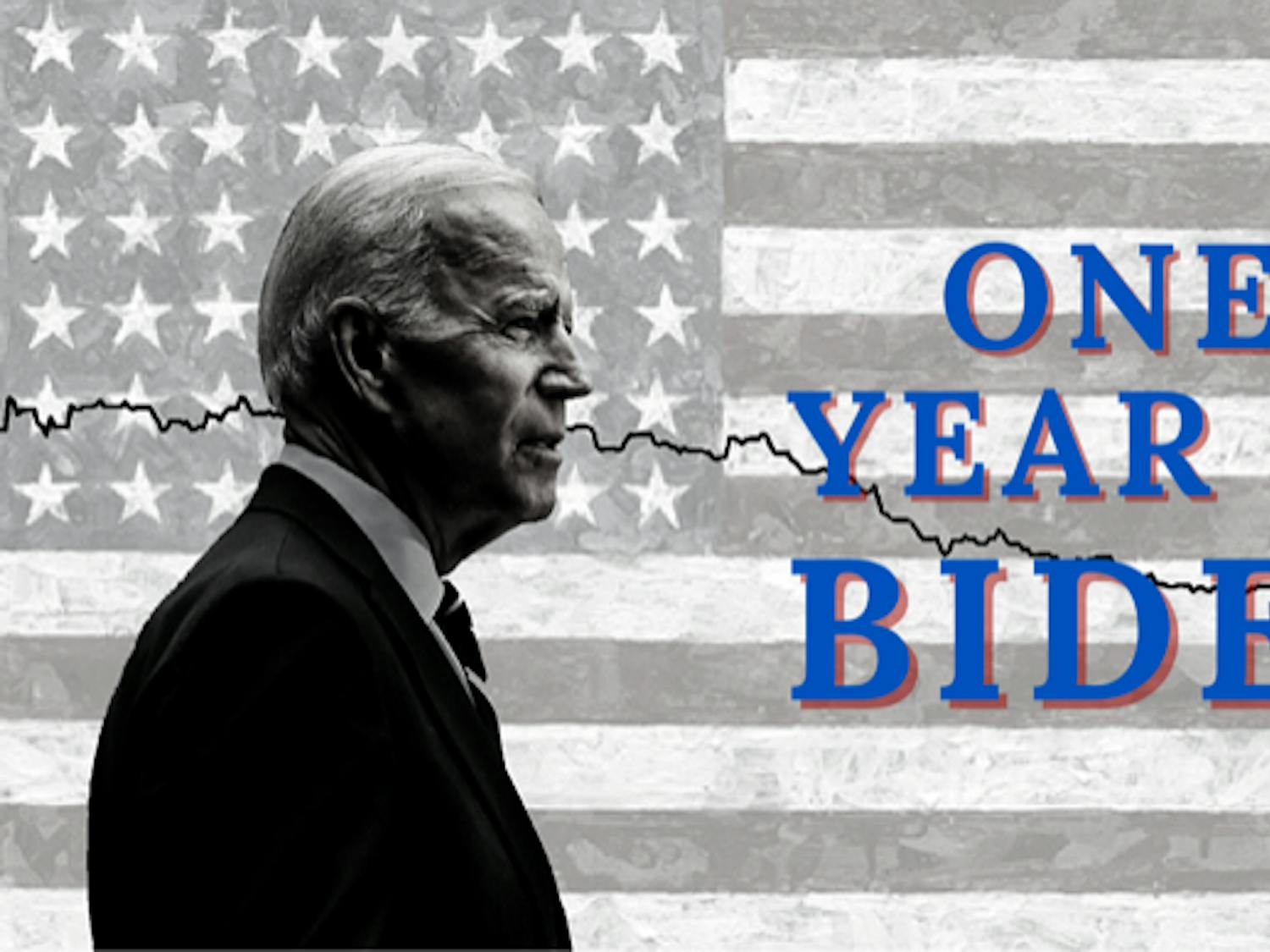The Journey: Founding principles
By Liz Buehl | February 25The idea of journalism is one founded upon much more than just publication. It encapsulates the core of human interconnectedness and fairness. This semester, I have had the privilege of learning from Dr. Ravi Shankar in the course Creative Writing: Journalism. When registering for this course, I was in search of an arts credit to satisfy a distribution requirement; in the end, I found much more. Just a few weeks into the class, I have developed as a journalist through writing pieces in a variety of styles and perspectives I had not previously explored. This evening, I found myself realizing the power of journalism in dismantling unjust systems through listening to Dr. Shankar’s reflections on some of the impetus behind his newly released novel "Correctional" which cites the racist practices that are inseparable from the punitively based American incarceration system. His work not only highlights the reality of being a person of color in America but also the importance of writing and journalism in pursuing justice for all.








